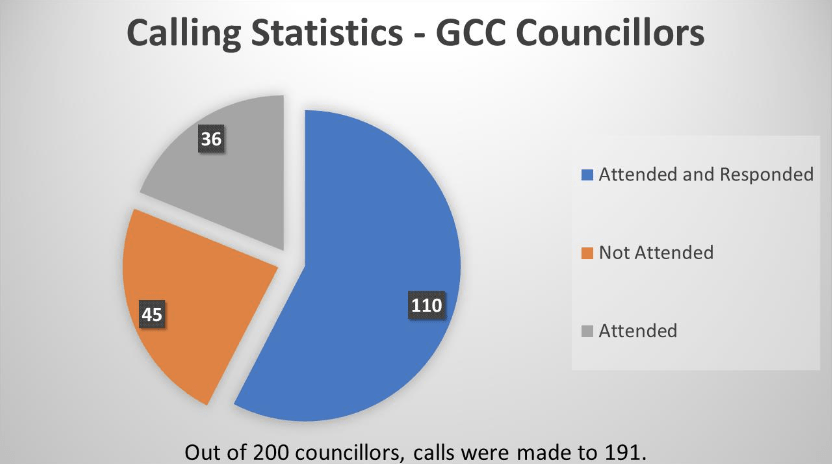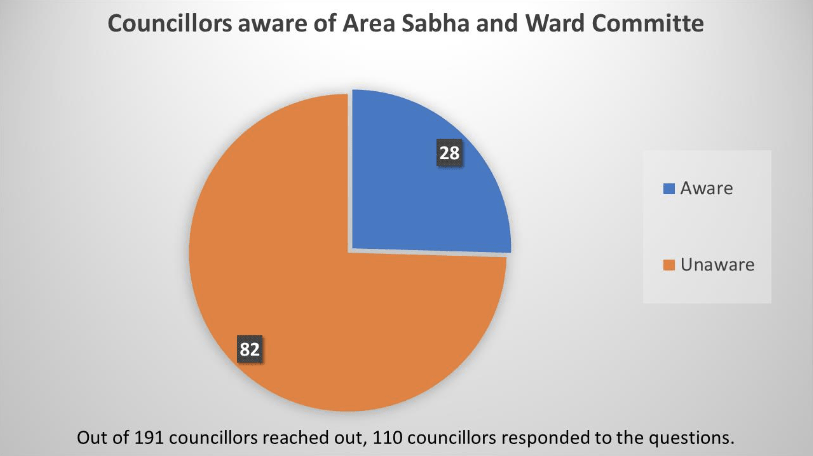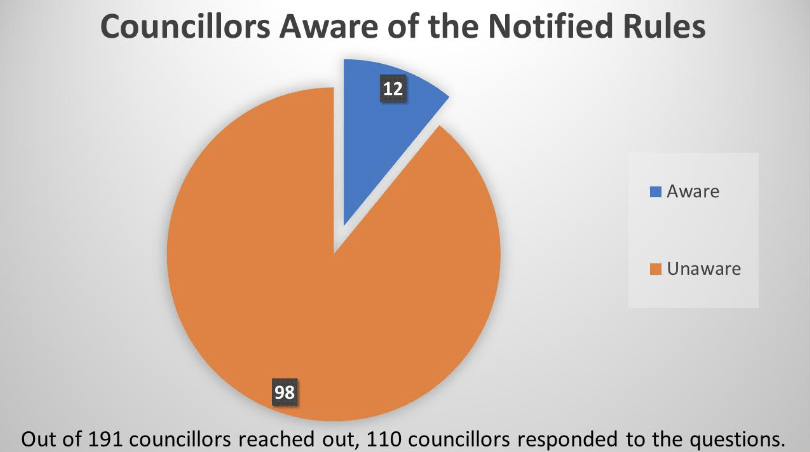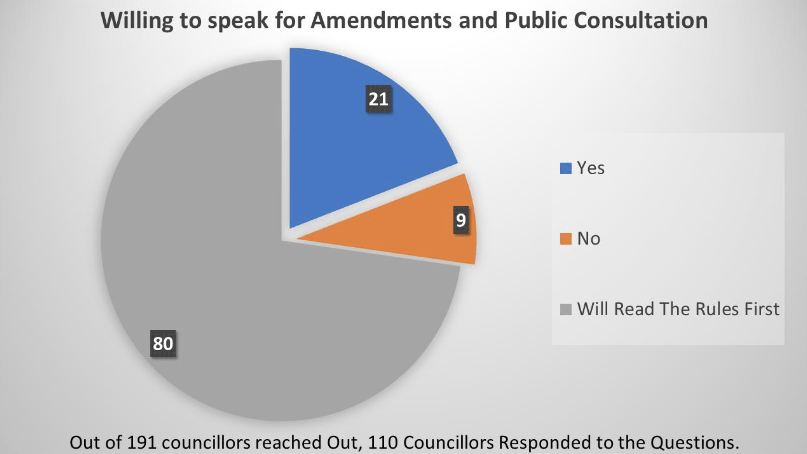A collective of people’s movements and citizens have been working to strengthen local governance in Tamil Nadu. Voice of People, a non-partisan, voluntary organisation based in Chennai, is part of the collective looking to unlock participatory democracy in local governance through functional Area Sabhas and Ward Committees.
The above demand can become a reality in Tamil Nadu through the implementation of the Tamil Nadu Municipal (Amendments) Act 2010 (ACT No. 35). As a remarkable step forward in the way of urban local governance in Tamil Nadu, the State Government notified the Rules of the said Act on June 24 2022, thereby technically breathing life into platforms which till now only existed on paper.
However, the Rules notified after all these years lack so blatantly in the constitutional spirit of devolution of power and enablement of people’s participation in urban local governance. The Tamil Nadu Municipal Administration Department has failed to conduct public consultations on the Draft Rules before its notification, despite repeated pleas by the civil society collective.
Survey among Chennai councillors
Under these circumstances, Voice of People conducted a telephonic survey with the elected councillors of the Greater Chennai Corporation (GCC) on August 5, 6, 8 and 9. The aim of the survey was to assess their awareness and understanding of Area Sabhas and Ward Committees and to gather their thoughts about these platforms and the Rules that have been notified.
The survey was conducted as part of a larger campaign to raise various points including that the Rules notified need amending; the Government must consult the public before the implementation of the Rules and most importantly the Government should make a strong effort to take these platforms to the people and their elected representatives.
All but 45 of the 191 councillors who were reached out to for the survey attended the calls. Of those who attended the calls, around 110 of them spent time listening to the questions and engaging in the discussion in a courteous and attentive manner. Many councillors even opted to return calls made to them and to engage in the survey willingly.
At the same time, a few councillors refused to participate stating that they won’t answer surveys via phone. One of the responses received was also that as the councillor was from the same zone as the Chief Minister, they could not respond to the request without taking permission from the party.
Read more: Area Sabhas and Ward Committees: Power to the people or power with the officials?
Awareness of Area Sabhas and Ward Committees among Chennai councillors
The gap in knowledge among Chennai’s councillors about these democratic platforms paints a woeful picture. Almost 75% of the councillors surveyed were not aware of the concept of ‘Area Sabhas’. Though more of them said they knew about ‘Ward Committees’, they meant the meetings being conducted at zonal levels with the ward councillors as members.
The councillors were not aware of Ward Committees as prescribed in the 2010 Act. When the councillors were briefed about these platforms by drawing parallels with Grama Sabhas in rural local bodies, many of them expressed interest in learning more and asked further questions about their composition, functions and area delimitation.
Those councillors who knew about these platforms said that they had read about them in print and online media. Very few mentioned that they had heard about them in one of the initial meetings conducted at the Ripon building. Unfortunately, none of them had an answer for when these platforms will be implemented.
Connecting with the constituents
Discussions during the survey shed light on how councillors networked with their constituents and addressed civic issues in their wards in the absence of these platforms.
A few councillors said that they had started conducting meetings at street and neighbourhood levels in their wards. Most of them stated that having platforms such as Area Sabhas and Ward Committees which bring the councillors, officials from various government departments and the people to a common location to reach a consensus on various issues would help them work more efficiently.
Very few councillors had reservations about the residents gathering in Area Sabhas and Ward Committees, discussing and arriving at a consensus. All of them said that when they received the instructions and guidelines from the Government, they would readily start conducting these meetings in their wards.
The survey demonstrates the willingness among councillors to kickstart the process of devolution, leaving the ball in the court of the State Government.
On the Rules notified by Tamil Nadu Government
Of the councillors who responded to the survey, 89% did not know about the notification of the Rules by the State Government.
Despite six weeks having passed since the Rules were notified, it is clear that little has been done to sensitise the elected representatives on the matter. The lack of awareness among councillors raises questions about whether the Rules have a clear intent and vision behind them.
Read more: Constant vigilance needed for effective local governance in Chennai
Will Chennai councillors speak for amendments and public consultation?
It is only fair for the councillors to want to read and understand the Rules first, before raising amendments. The response of 72% of the councillors surveyed on their willingness to call for amendments reflected the same.
While 19% of the councillors said they would speak affirmatively for public consultations and amendments in the upcoming council and zonal meetings, around 8% said they would simply go by the decision of their party leadership.
Many of the councillors surveyed were open to in-person meetings to discuss the Rules and the gaps and to further their understanding of the subject. Most of them requested a copy of the notified Rules.
When the reason for the demand for amendments to the notified Rules was raised, including the concentration of power with the officials, many councillors shared the difficulties they encounter in their work due to non-cooperation from various officials.
The way forward
The survey clearly highlights the huge gaps in State Government’s priorities and action plans in reforming local governance and increasing public participation.
Here is what the State Government can do to course correct on the issue.
- The Government must immediately prioritise the need to bring all the elected councillors up-to-speed on the composition, functions and powers of Area Sabhas and Ward Committees as the legally mandated people-participatory platforms in the urban local bodies.
- A dedicated Institution for Local Governance similar to KILA (Kerala Institute for Local Administration) must be established to aid in research, address the gaps, and provide training and capacity-building to the elected representatives at various levels. This will empower and enable the elected representatives to function effectively and perform their duties.
- The Government should craft a creative campaign with wide reach, spreading the message about these platforms in all possible ways, so the people understand the vital importance of their direct participation in the local governance



